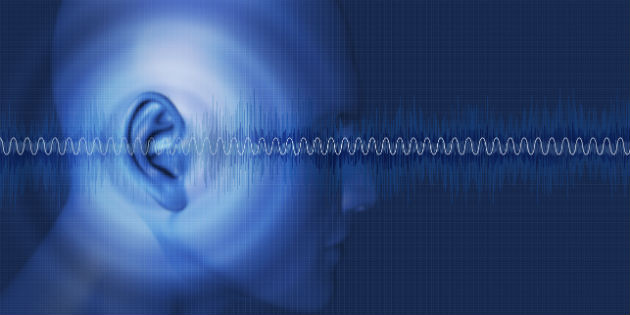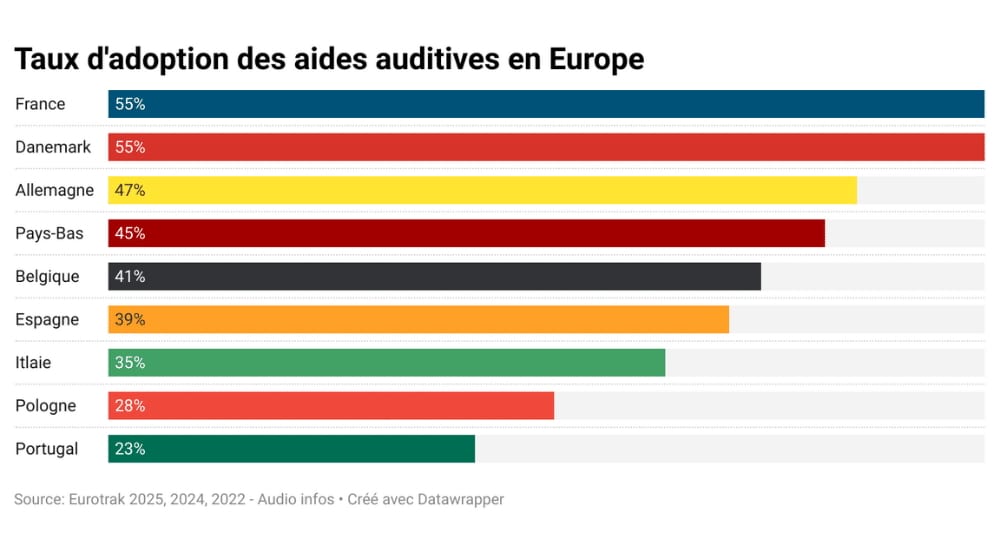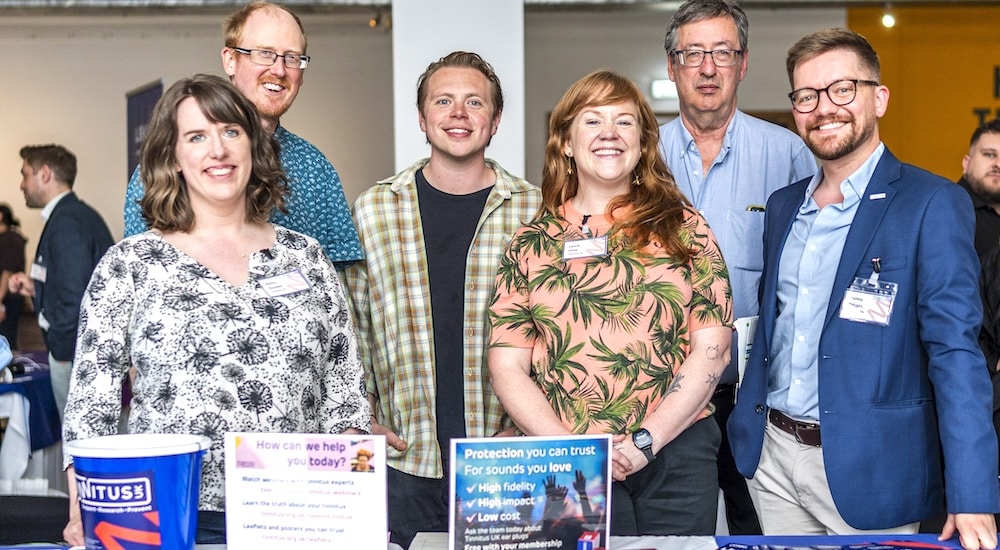Auditory nerve implant research wins $9.7m US health grant
ANI
A sizeable research grant from the US National Institutes for Health (NIH) has set up the University of Minnesota to lead a global project into developing a different kind of implant to the cochlear variety, one that can restore normal hearing.

Cochlear implants (CIs) have done an effective job in providing speech information for many patients with hearing loss, but the first 25 years of this technology have not brought answers to the technical limitations preventing CIs from actually restoring normal hearing. Also, anatomical variations mean that many persons cannot receive this technology. The vision of an Auditory Nerve Implant (ANI) —the purpose of this new funding—holds the promise of substantial improvements in hearing both speech and music, as well as greater clarity in noisy surroundings.
The mission is to implant an electrode array directly into the auditory nerve. And the team assembled to investigate this under the direction of experts from the University of Minnesota involves engineers, scientists, surgeons, and medical researchers from three universities in three different countries. Also involved is the Austrian hearing device producer, MED-EL, and Blackrock Microsystems LLC, an implantable neurotechnology device company based in Salt Lake City, Utah.
The funded process will begin with three years of work to design and build a device to meet regulatory requirements. A second phase, following human cadaver experiments, in vivo operations, psychophysical tests, and seeking regulatory approvals, will bring a further two years of research with implanting devices in up to three deaf patient volunteers. Safety, reliability, and functionality will be at the heart of setting up monitoring bodies and a clinical trial infrastructure.
“We hope that our proposed auditory nerve implant could lead to a new generation of neural technologies and greatly advance novel treatment options in the hearing implant industry,” said Hubert Lim, lead researcher. This associate professor in the University of Minnesota’s Department of Biomedical Engineering in the College of Science and Engineering and Department of Otolaryngology in the Medical School added: “I’m honored and optimistic that our team is working on novel technology that one day may be able to achieve more natural hearing, such as hearing in noisy environments or the intricacies of music.”
Source: News-Medical


